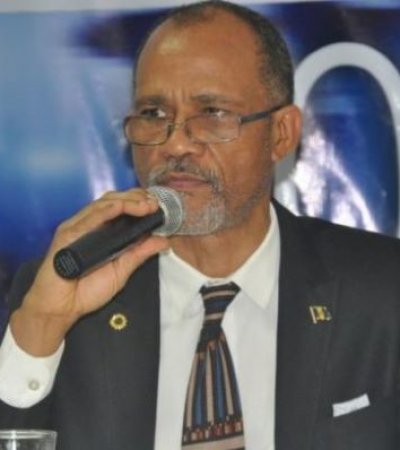The World Bank Board of Directors, on Friday, approved a $114.28 million financing grant to help Nigeria effectively respond to the threat posed by Co
The World Bank Board of Directors, on Friday, approved a $114.28 million financing grant to help Nigeria effectively respond to the threat posed by Covid-19 to the country’s economy. The grant includes $100 million credit from the International Development Association (IDA) and $14.28 million from the Pandemic Emergency Financing Facility to prevent, detect and respond to the threat with a specific focus on state level responses.
Through the COVID-19 Preparedness and Response Project (CoPREP), the World Bank said the Nigerian government would provide grants to the 36 states and the Federal Capital Territory (FCT). The grant would enable Nigeria to grant immediate support to break the chain of COVID-19 local transmission and limit the spread through containment and mitigation strategies.
Grants to states, the World Bank said, would be conditional on states adopting COVID-19 response strategies which are in line with the federal government’s guidelines and strategies.
“CoPREP will enhance the institutional and operational capacity for disease detection through provision of technical expertise, coordination support, detection, diagnosis and case management efforts in all states and the FCT as per the WHO guidelines in the Strategic Response Plan,” the World Bank said.
Besides, the World Bank said the grant would help the government mobilise surge response capacity through trained and well-equipped frontline healthcare workers and strengthen the public health care network for future health emergencies. The World Bank Country Director for Nigeria, Shubham Chaudhuri, noted that although Nigeria has ramped up its efforts to contain the COVID-19 outbreak, it still needs to do more at the state level, which is at the frontline of the response.
The CoPREP project, Mr Chaudhuri said, would provide the states with much needed direct technical and fiscal support to strengthen their position in combating the pandemic. In addition, the project would finance federal procurements of medical equipment, laboratory tests, and medicines to be distributed to the states based on their needs. The grant complements the Second Regional Disease Surveillance Systems Enhancement Project (REDISSE II) which is already providing short-term emergency support to implement national and state Incident Action Plans.
So far, all 36 states have incident action plans cleared by the Nigeria Centre for Disease Control (NCDC) and funds have been disbursed to 23 states. CoPREP will finance further support to all states and the FCT through the NCDC to implement their COVID-19 Incident Action Plans. Specifically, this includes the operationalization of 37 Emergency Operations Centres; training of 30,000 healthcare workers in infection prevention and control; support for emergency prioritized water sanitation and hygiene activities; strengthening of risk assessment and community and event-based surveillance; provision of on-time data to inform the response and mitigation activities; additional support to laboratories for early detection and confirmation; equipping and renovating isolation and treatment centers including community support centers; and improving in patient transfer systems through financing of ambulances and training as needed.
“The World Bank Group, one of the largest sources of funding and knowledge for developing countries, is taking broad, fast action to help developing countries strengthen their pandemic response. We are supporting public health interventions, working to ensure the flow of critical supplies and equipment, and helping the private sector continue to operate and sustain jobs. We will be deploying up to $160 billion in financial support over 15 months to help more than 100 countries protect the poor and vulnerable, support businesses, and bolster economic recovery. This includes $50 billion of new IDA resources through grants and highly concessional loans.”


